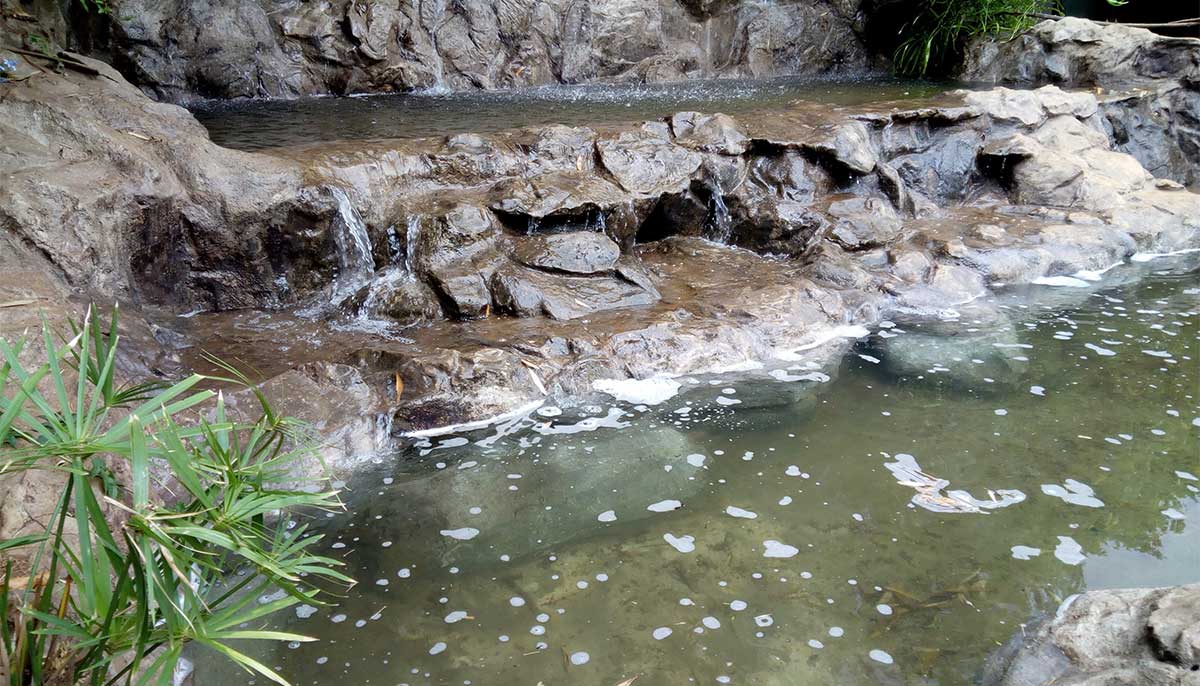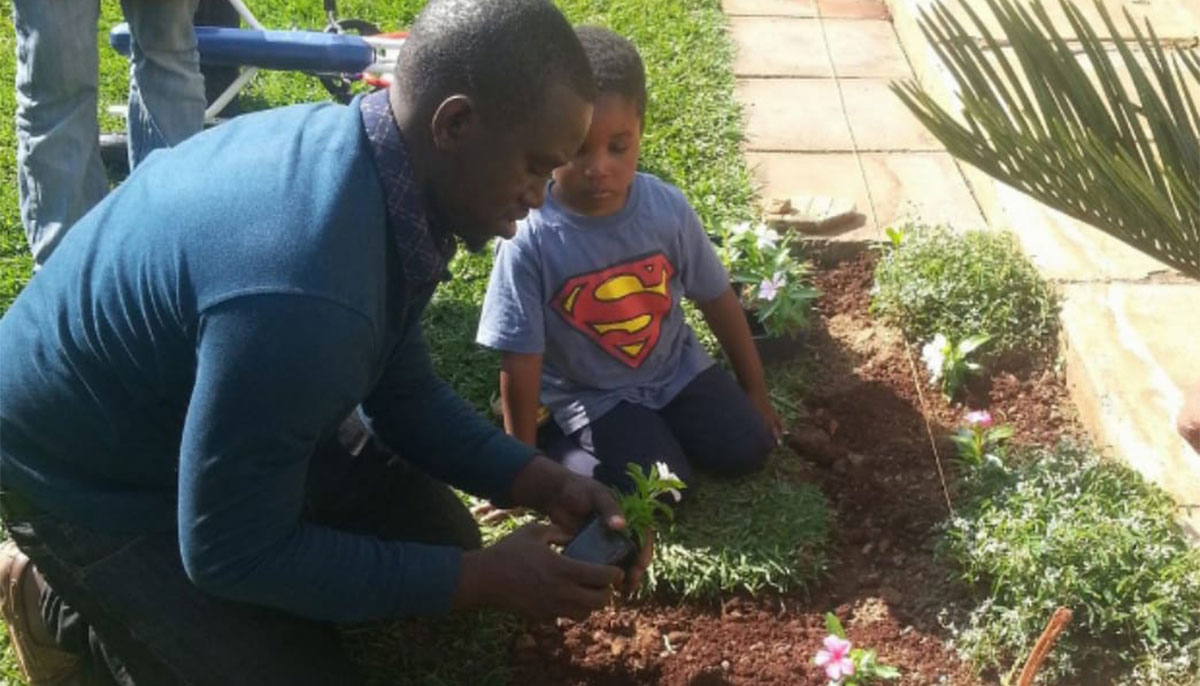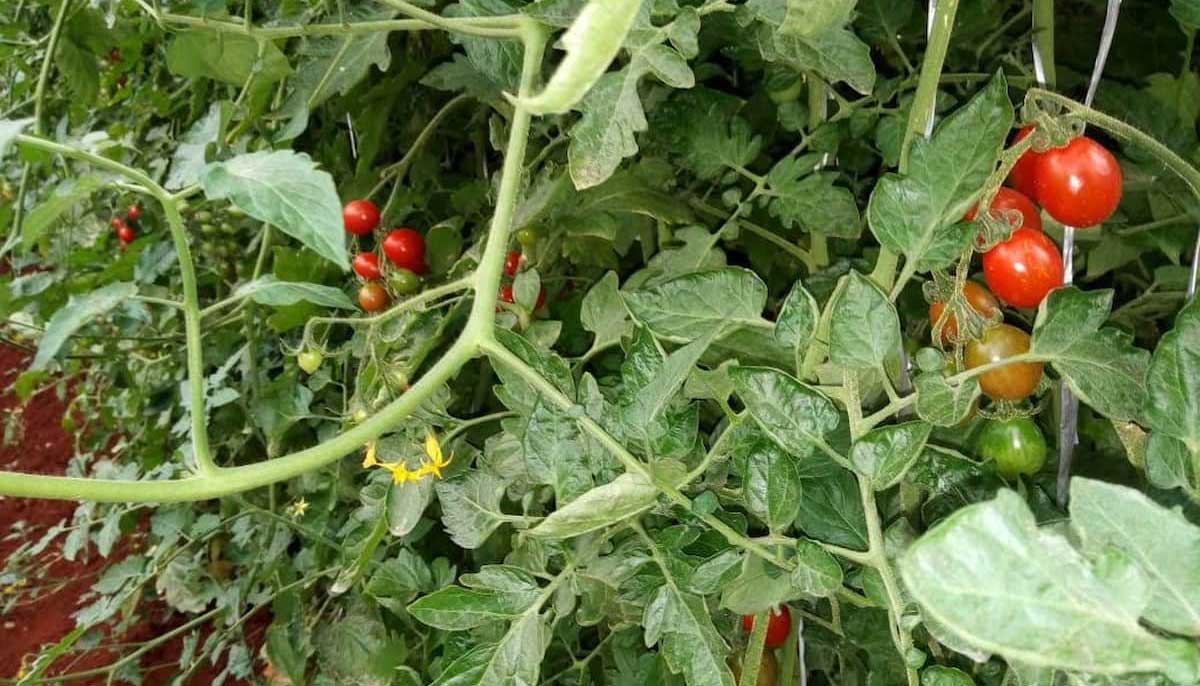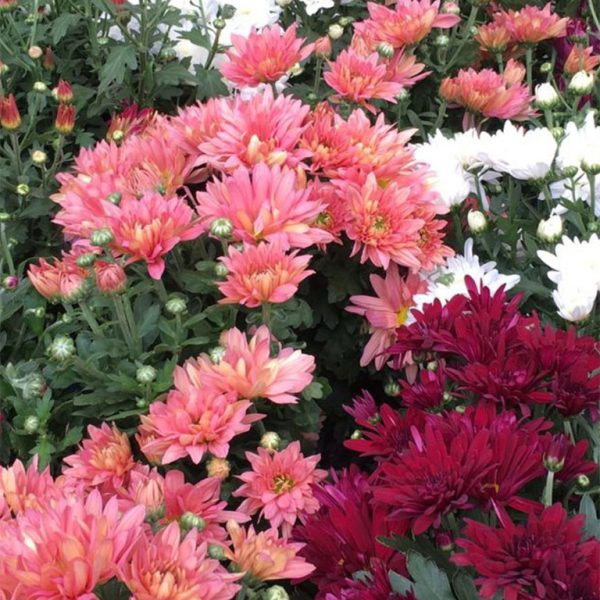In regions with limited water resources, such as Kenya, practicing water-wise landscaping is essential to ensure sustainable and responsible water usage.
By adopting water-saving techniques in your yard, you can create a beautiful and thriving landscape while significantly reducing your water consumption.
This article provides practical tips and strategies for conserving water in your yard through water-wise landscaping practices.
Choose Native and Drought-Tolerant Plants
Selecting plants that are native to your region or well-adapted to local climatic conditions is key to water-wise landscaping. Native and drought-tolerant plants have evolved to survive with minimal water requirements, making them ideal for water conservation. Research native plant species in your area, such as succulents, ornamental grasses, or Mediterranean herbs, and incorporate them into your landscape design.
Group Plants with Similar Water Needs
Efficient water usage can be achieved by grouping plants with similar water requirements together. This practice, known as hydrozoning, ensures that plants receive the appropriate amount of water without wastage. Place plants with high water needs in one area, and those with lower water requirements in separate zones. This allows for targeted watering and prevents overwatering of drought-tolerant plants.
Mulch to Reduce Evaporation
Apply a layer of organic mulch, such as wood chips, straw, or compost, around your plants and in garden beds. Mulching helps to conserve moisture in the soil by reducing evaporation, suppressing weed growth, and regulating soil temperature. It also enhances soil health and reduces the need for frequent watering.
Implement Efficient Irrigation Systems
Upgrade your irrigation system to more efficient options to minimize water waste. Drip irrigation and soaker hoses deliver water directly to plant roots, reducing evaporation and ensuring efficient water usage. Install a timer or smart irrigation controller to schedule watering during early morning or late evening when evaporation rates are lower. Regularly check your irrigation system for leaks, clogs, or misalignment to avoid water wastage.
Capture and Reuse Rainwater
Harvesting rainwater is a sustainable approach to water conservation. Install rain barrels or larger storage tanks to collect rainwater from roofs or downspouts. Use this collected water for watering plants and gardens during dry periods. Rainwater is free from chemicals found in tap water and provides a natural source of hydration for your plants.
Limit Lawn Area and Opt for Alternatives
Lawns require significant amounts of water to stay lush and green. Consider reducing the size of your lawn or replacing it with water-wise alternatives. Incorporate more hardscape features, such as patios or pathways, or create drought-tolerant landscapes with gravel, native ground covers, or low-water-use plants. These alternatives reduce water demand and maintenance requirements while adding visual interest to your yard.
Practice Smart Watering Techniques
Implement smart watering practices to optimize water usage. Regularly monitor soil moisture levels to avoid overwatering. Use a rain gauge or moisture meter to determine when watering is necessary. Adjust watering schedules based on seasonal weather conditions, reducing frequency during cooler and rainy periods. Avoid watering on windy days to prevent water loss through evaporation.
Regular Maintenance and Monitoring
Proper maintenance of your landscape is crucial for water-wise landscaping. Remove weeds regularly, as they compete with plants for water. Prune trees and shrubs to improve airflow and reduce water loss through excessive transpiration. Regularly check for leaks, broken sprinklers, or inefficient water distribution. Regular maintenance ensures efficient water usage and healthy plant growth.
Conclusion
Water-wise landscaping not only helps conserve precious water resources but also creates a beautiful and sustainable landscape in Kenya. By incorporating native and drought-tolerant plants, grouping plants with similar water needs, using efficient irrigation systems, and adopting smart watering techniques, you can significantly reduce water consumption in your yard. Conserving water through these practices contributes to environmental sustainability while maintaining a vibrant and thriving outdoor space. Embrace water-wise landscaping and make a positive impact on your environment and community.





 Chrysanthemum 12cm
Chrysanthemum 12cm